Session Information
Land Acknowledgement
Diane Sam is a Songhees Nation community member. She has devoted much of time to working in the Education field as a First Nations Education Assistant. Diane has been an avid lək̓ʷəŋiʔnəŋ learner and is very eager to keep learning. She is the former team leader of the Songhees Cultural Centre and feels that working at the Centre sparked a light into digging into the culture and language of her homelands. She is passionate about sharing information about the territory when the opportunity arises. Diane is currently the Community Engagement Manager at the First People’s house at University of Victoria.
Session I: Envisioning the Future University through Practical Approaches to Reconciliation, Indigenization, and Decolonization
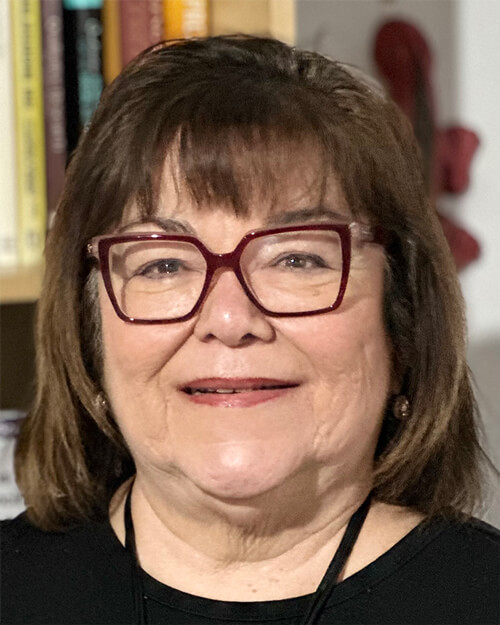
Decolonizing and Indigenizing Higher Education Systems in Canada
Dr. Sheila Cote-Meek is Anishinaabe from the Teme-Augama Anishnabai. She is currently Director and Professor of Indigenous Educational Studies at Brock University. She was the inaugural Vice-President, Equity, People and Culture at York University where she led the development of the Decolonizing, Equity, Diversity and Inclusion (DEDI) strategy and York’s Black Inclusion Strategy. She was the inaugural Associate-Vice-President, Indigenous and Academic Programs at Laurentian University where she developed the Indigenous Sharing and Learning Centre, the Maamwizing Indigenous Research Institute, and the Master of Indigenous Relations. Dr. Cote-Meek is author of Colonized Classrooms – Racism, Trauma and Resistance in Post-Secondary Education (2014) and three co-edited books: Decolonizing and Indigenizing Education in Canada (2020), Critical Reflections and Politics on Advancing Women in the Academy (2020) and Perspectives on Indigenous Pedagogy in Education: Learning from One Another (2023).
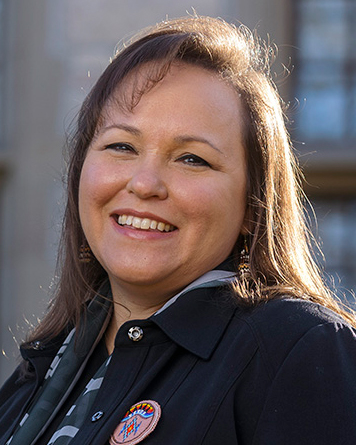
The Buzz Words of Reconciliation: Are We Really Doing All We Can to Be the University of Tomorrow for Indigenous Folks?
Dr. Angela M. Jaime is an enrolled member of the Pit River tribe of Northern California and the Vice-Provost, Indigenous Engagement and Professor in Indigenous Studies at University of Saskatchewan. Dr. Jaime has been teaching, consulting, and researching in the areas of diversity, equity, inclusion, anti-racism/anti-oppression, critical race theory, social justice, and Indigenous Education for over 25 years. Her areas of research are critical race theory, experiences of Native women in higher education, and research methodology through Indigenous and anti-racist/anti-oppression lens. She promotes social justice by examining systematic racism/oppression and discrimination in higher education. Dr. Jaime is the co-author of the book, College Success for Students of Color: A Culturally Empowered Assets-Based Approach (2024). Most importantly, Dr. Jaime is a mother of two amazing men.
Session II: University Leadership and EDIA: Advancing Confident Pluralisms, Diverse Spaces, and Dialogue
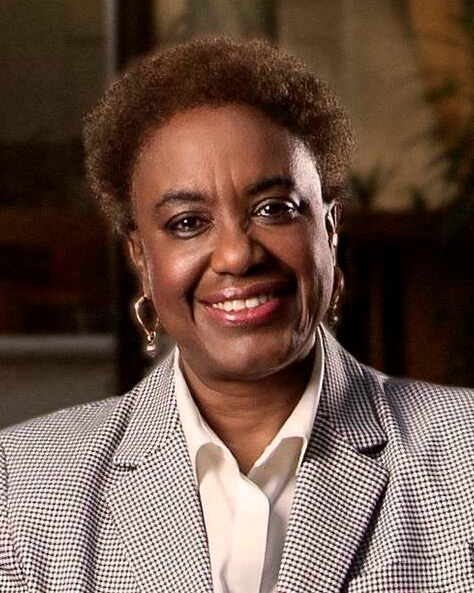
Universities, IDEA and Pluralism in Fragile Democracies
Universities are institutions of higher learning marked by institutional autonomy and academic freedom. They nurture wide-ranging ideas and perspectives and an enabling environment for free inquiry that is essential for critical thinking, rigorous debate, discovery, knowledge production and innovation. Universities are also a bedrock of democracy. They create the equitable and inclusive spaces necessary for fostering fairness, diversity of people and thought, and respectful engagement across differences. In an era increasingly marked by polarization, declining institutional trust, rising authoritarianism and fragile democracies, universities are uniquely positioned, and hold a critical responsibility for transforming systemic inequities, and nurturing the capacity for civil discourse, pluralism, and learning and living well together. In What Universities Owe Democracy, Ronald J. Daniels, the eminent Canadian jurist and president of Johns Hopkins University, stresses the important role that universities play in cultivating four core functions and critical capacities essential to democratic flourishing: contributing to socioeconomic mobility; strengthening civic education, or educating citizens for a democratic way of life; the stewardship of facts and knowledge to check the excesses of power; and, pluralism, or cultivating what it takes to engage meaningfully across difference. While distinct, the concepts of inclusion, diversity, equity, and accessibility (IDEA) and pluralism work in tandem to build social trust and ensure that universities, which are a microcosm of society, remain guardians of democracy, while preparing students to be responsible and productive citizens in a hyper-diverse, complex, and increasingly dangerous world.
Dr. Malinda Smith holds a PhD in political science from the University of Alberta, and an MA, MDA, and a BA magna cum laude in political science and criminal justice from Western Michigan University.
A member of the Senior Leadership Team at the Unversity of Calgary, Dr. Smith sits on the Vice President Research-Ops, serves as the Co-Chair, President's Task Force on EDIA, Chair, Dimensions EDI Executive and Steering Committees, and Lead on the One Child Every Child Equitable Pathways Accelerator and Equitable Pathways Council.
Nationally, Dr. Smith serves on SSHRC Council and Executive, Statistics Canada’s Immigration and Ethnocultural Statistics Advisory Committee, and the Innovation, Science and Economic Development Canada (ISED) External EDI Advisory Board. She is the vice chair of the Scarborough Charter Steering Committee.
Dr. Smith is the recipient of numerous awards and fellowships, including a Friends of Diversity, from the Diversity Magazine (2024), Lifetime Achievement Award, from the Calgary Black Chamber (2023), a Doctor of Laws, honoris causa, from Simon Fraser University (2021), Compelling Calgarians (2021), Susan S. Northcutt Award from the International Studies Association (2020), 100 Accomplished Black Women Honouree (2020), Rosalind Smith Professional Award (2020), Pierre Elliott Trudeau Foundation Fellowship (2018), ISA-Canada Distinguished Scholar Award (2018-19), the Equity Award from the Canadian Association of University Teachers (2015), and Academic Woman of the Year Award, from the Academic Women’s Association (2011).
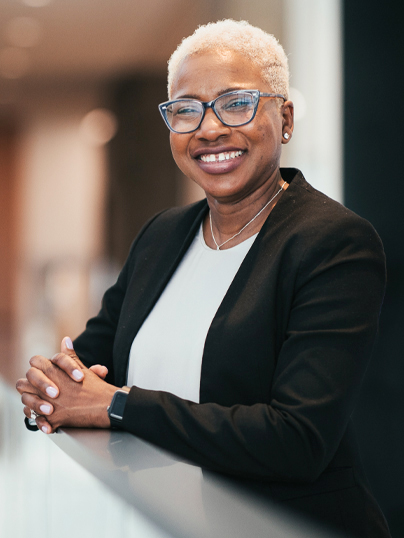
Born and raised on the beautiful island of Saint Lucia, West Indies, Martha Mathurin-Moe holds a BA in Psychology, a Master of Education in Educational Psychology, and a Doctoral candidate in Curriculum and Instruction at the University of Regina. Mathurin-Moe's experience consists of a combination of 20 years in private, post-secondary and the governmental sectors within Canada and internationally. Previous roles include Manager of Talent Development at the Public Service Commission, Government of Saskatchewan, and Associate Director of Study Abroad & Mobility at UR International at the University of Regina. Mathurin-Moe’s work in international education, spanning several countries, including Brazil, Canada, China, Cuba, Norway, Mexico, Germany, Italy, and the United States, has given her a unique global perspective that she brings to her work. She has received awards, including the 2016 University of Regina’s President’s Award for Service Excellence, the Mentor of the Year by the University of Lethbridge Black Student Association in 2023 and BIPOC & Lethbridge Police Services Community Builder award for 2024. She is a skilled facilitator and values-based leader who advocates for fair, equitable and inclusive workplaces for all. In her free time, she enjoys cooking, reading, and traveling with her partner, Jared.
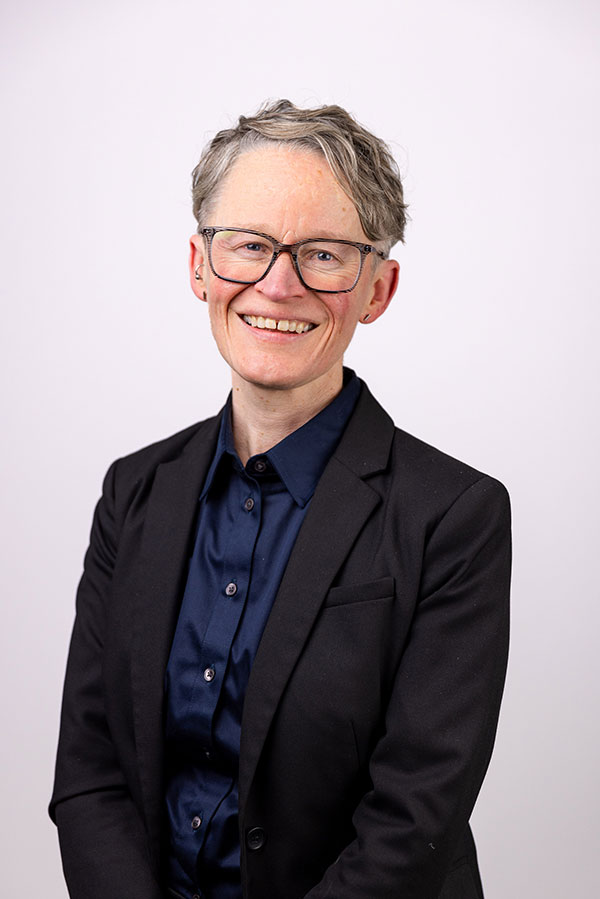
Dr. Carrie Smith (she/her) is the inaugural Vice-Provost for Access, Community, and Belonging at the University of Alberta. She has held previous academic leadership positions as Vice-Dean of Arts and as Department Chair. She is a Professor of German Studies with research spanning topics in critical university studies, leadership practices, and digital feminism, and serves as President of German Studies Canada.
Session III: The University of Future (Machine) Learning: New Technologies and AI in Academia
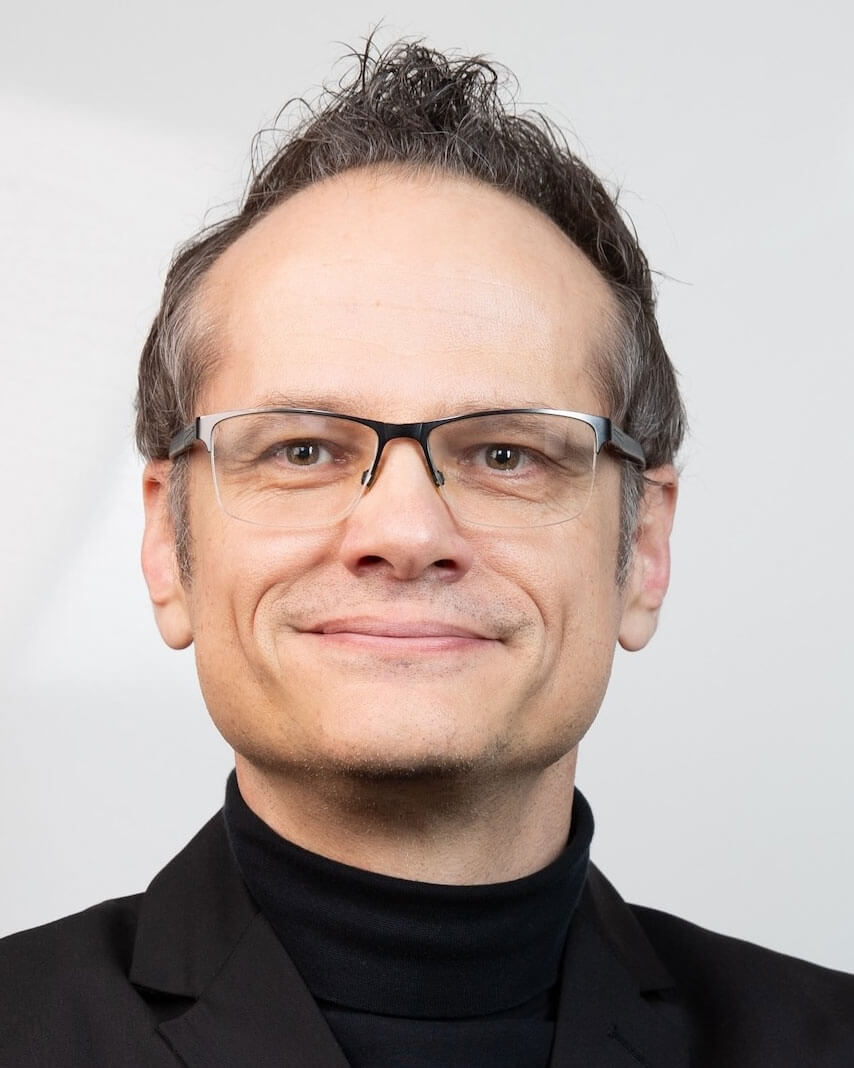
Eight Billion Geniuses: Life in a Post-Anthropocentric Intelligence Paradigm
This session examines the recent evolution of artificial intelligence and its profound implications for our lives. Through analysis of key benchmarks and milestones - from AlphaGo's victory over Lee Sedol to recent breakthroughs in mathematics, science, and creative domains - the talk explores how AI is increasingly matching or exceeding human-level performance across diverse cognitive tasks. The presentation addresses the emergence of "commoditized intelligence" - a future where advanced AI capabilities are widely accessible - and poses a central question that invites reflection on both the opportunities and challenges ahead: "What would you do with an army of genius assistants?"
Dr. Mark Daley is the Chief AI Officer at Western University and a Professor in the Department of Computer Science with cross-appointments in five other departments, The Rotman Institute of Philosophy, and The Western Institute for Neuroscience. He is also a faculty affiliate of Toronto's Vector Institute for Artificial Intelligence.
Mark was named in Maclean's "Power List 2024" of the top 100 Canadians shaping the country and in Constellation Research's AI150, a list of top 150 top global executives leading AI transformation efforts.
In October 2024, Mark was appointed the Natural Sciences and Engineering Research Council of Canada (NSERC) Scholar in Residence in Artificial Intelligence.
Mark has previously served as the Vice-President (Research) at the Canadian Institute for Advanced Research (CIFAR), and Chief Digital Information Officer, Special Advisor to the President, and Associate Vice-President (Research) at Western.
Mark is the past chair of Compute Ontario and serves on a number of other boards.
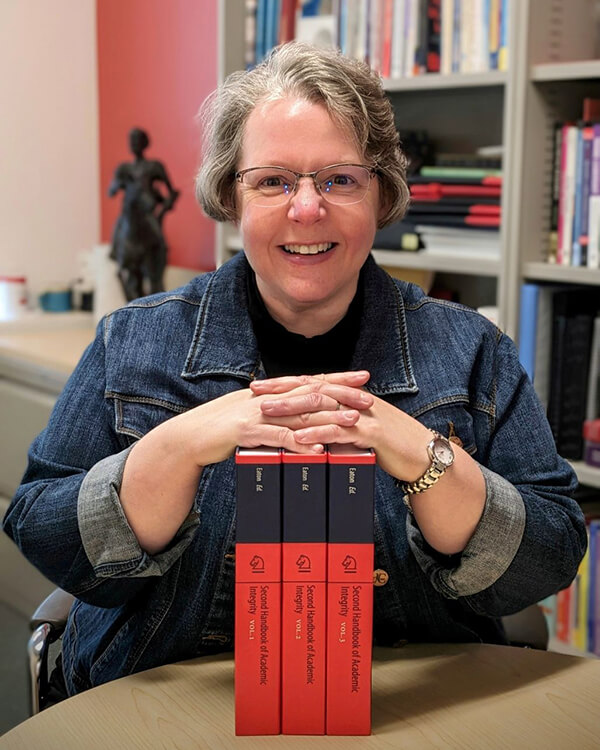
Future-Proofing Integrity in the Age of Artificial Intelligence: Equity, Human Rights, and Ethics for the University of Today and Tomorrow
New technologies can send educators and policy makers into a tizzy about academic cheating and research misconduct. In this session we focus on how to maintain our humanity when thinking about what it means to teach, learn, assess, and research with integrity. We’ll talk about future-proofing academic and research integrity for students, professors, scientists, and scholars. A key takeaway from this talk is how inclusion, equity, and a human-rights-by-design approach and can guide our approaches to misconduct and promote ethical decision-making for everyone in our learning community, even in the face of rapidly evolving technology.
Optional pre-reading: Eaton, S. E. (2024). Future-proofing integrity in the age of artificial intelligence and neurotechnology: prioritizing human rights, dignity, and equity. International Journal for Educational Integrity, 20(1), 21. https://doi.org/10.1007/s40979-024-00175-2
Sarah Elaine Eaton, PhD, is a professor and research chair at the Werklund School of Education, University of Calgary, and an Honorary Associate Professor, Deakin University, Australia. She has received research awards of excellence for her scholarship on academic integrity from the Canadian Society for the Study of Higher Education (CSSHE) (2020) and the European Network for Academic Integrity (ENAI) (2022). Dr. Eaton has written and presented extensively on academic integrity and ethics all over the world and is regularly invited as a media guest to talk about academic misconduct. Dr. Eaton is the editor-in-chief of the International Journal for Educational Integrity. Her books include Plagiarism in Higher Education: Tackling Tough Topics in Academic Integrity, Academic Integrity in Canada: An Enduring and Essential Challenge (Eaton & Christensen Hughes, eds.), Contract Cheating in Higher Education: Global Perspectives on Theory, Practice, and Policy (Eaton, Curtis, Stoesz, Clare, Rundle, & Seeland, eds.), Ethics and Integrity in Teacher Education (Eaton & Khan, eds.), and Fake Degrees and Fraudulent Credentials in Higher Education (Eaton, Carmichael, & Pethrick, eds.). She is also the editor-in-chief of the Second Handbook of Academic Integrity (2024).
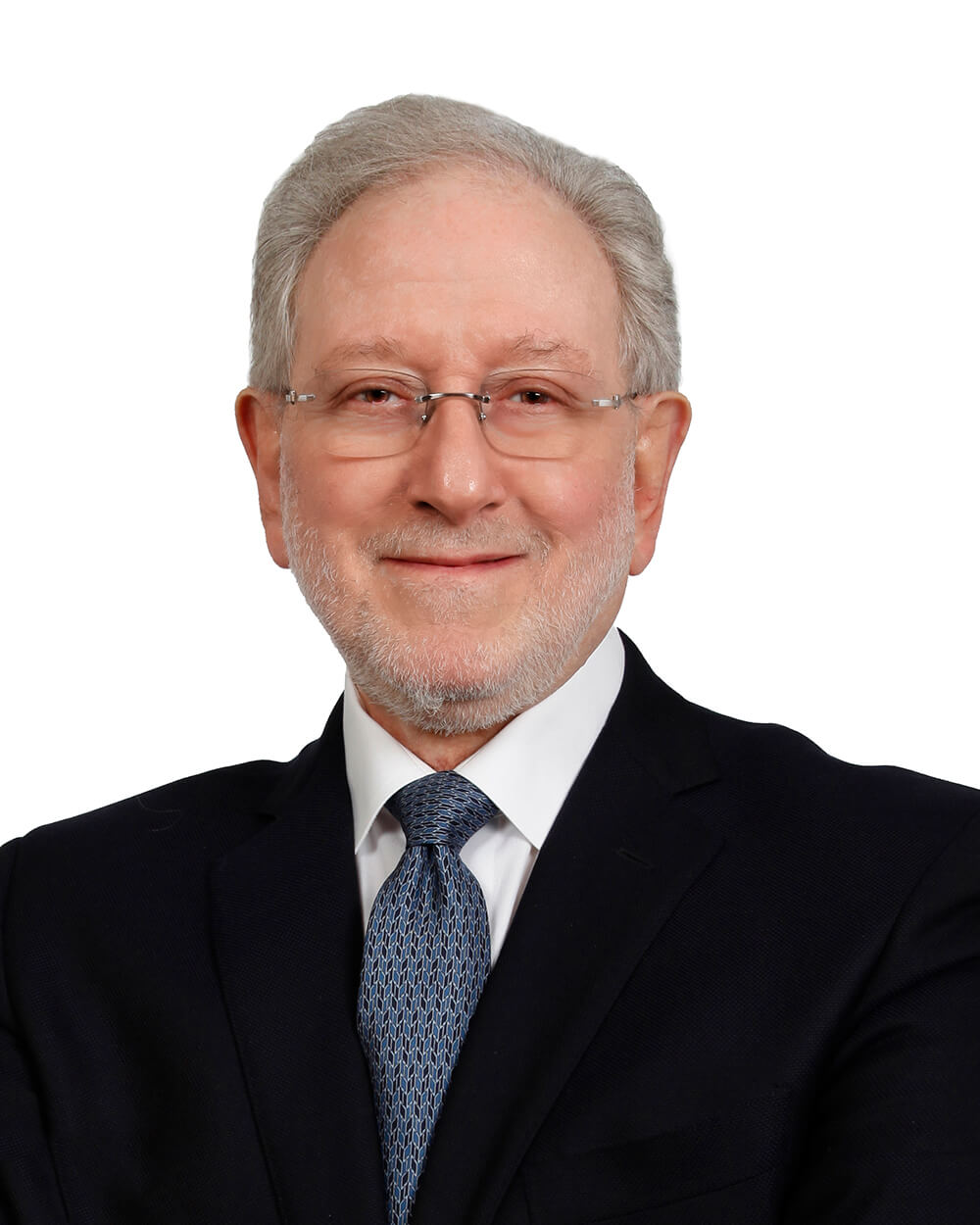
Managing Academic Staff Relations in a Time of Flux
Financial sustainability is the most urgent challenge for Canada’s universities, driving critical decisions regarding budgets, programs, and staffing. At the same time, shifting labour relations and evolving collective bargaining requirements—shaped by Indigenization, EDIA, AI, and workforce transformations—will impact governance operations and the employment environment. Proactive and strategic collaboration among boards, leaders, faculty, staff, and unions is essential for balancing fiscal responsibility with fair, reasonable, and workable collective agreements.
Neil Gold is an emeritus professor of law at the University of Windsor with a distinguished career in academia, legal education, and institutional leadership.
For 11 years, he served as Provost and Vice-President, Academic, at the University of Windsor, overseeing academic programs, faculty development, and institutional strategy. In this role, he was key in shaping the university’s academic vision and governance.
Beyond his tenure as provost, Neil has held numerous leadership positions, including lawyer, law professor, director of clinical legal education, director of learning and teaching, director of professional legal education, Dean of Law, Dean of Students, Dean of Continuing Education, and Vice-President, International. He has worked in Windsor, Victoria, Vancouver, and Hong Kong, contributing significantly to higher education institutions in these roles.
Recognized globally, Neil has provided consulting services to universities and professional organizations across five continents, advising on academic strategy, faculty development, legal education, and training for lawyers, judges, and dispute resolution practitioners.
Neil specializes in academic labour relations and collective bargaining. While his role as a field representative with Faculty Bargaining Services concludes on March 31, 2024, he will continue to provide consulting services in this and other areas.
For his contributions to higher and legal education, he has been awarded the Law Society of Ontario Medal (LSM), an LLM (Hon) from the College of Law Australia, and an LLD (Hon) from the University of Victoria—each representing the highest honour conferred by these institutions.
